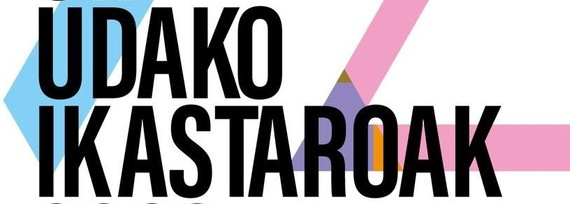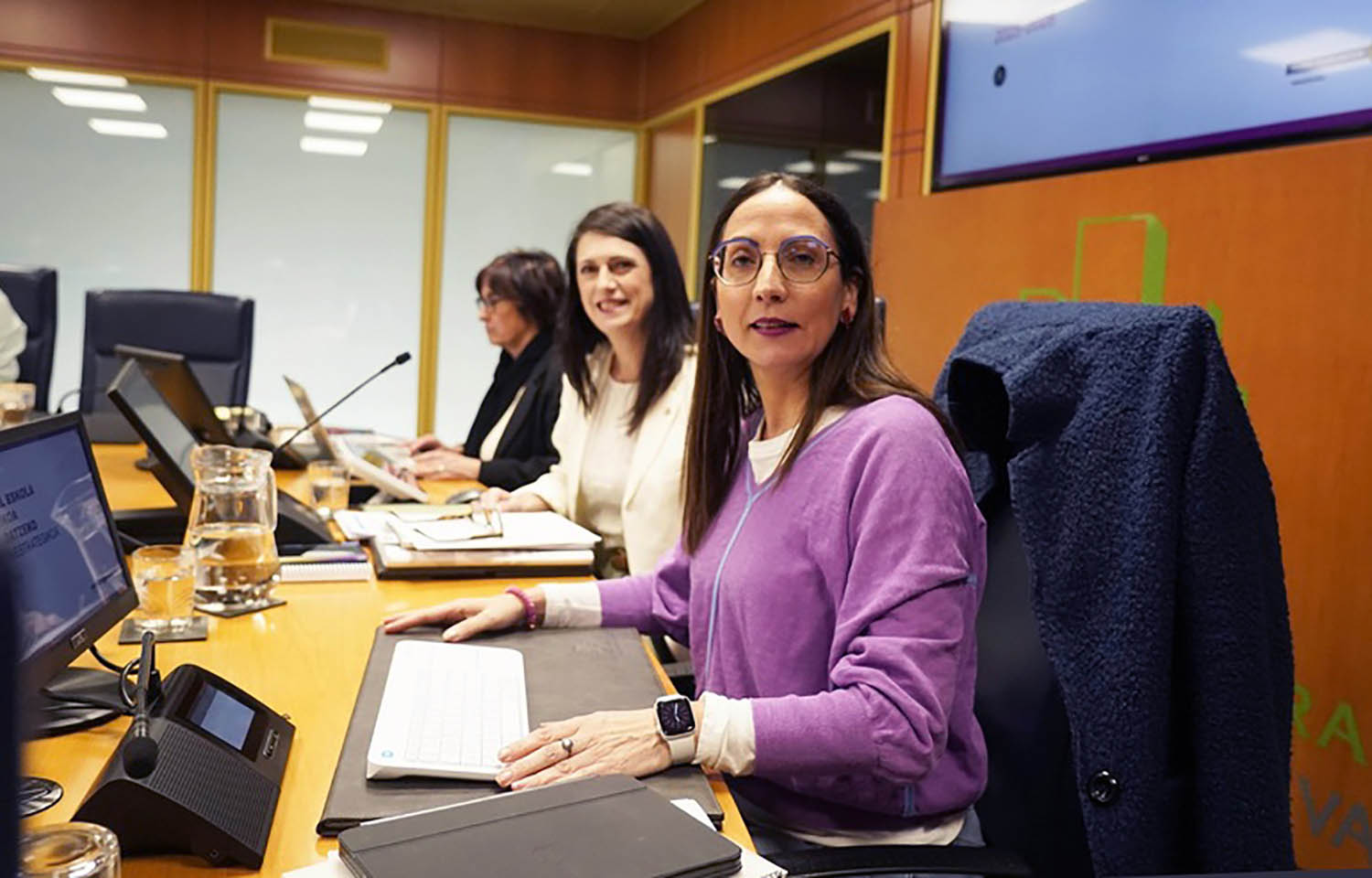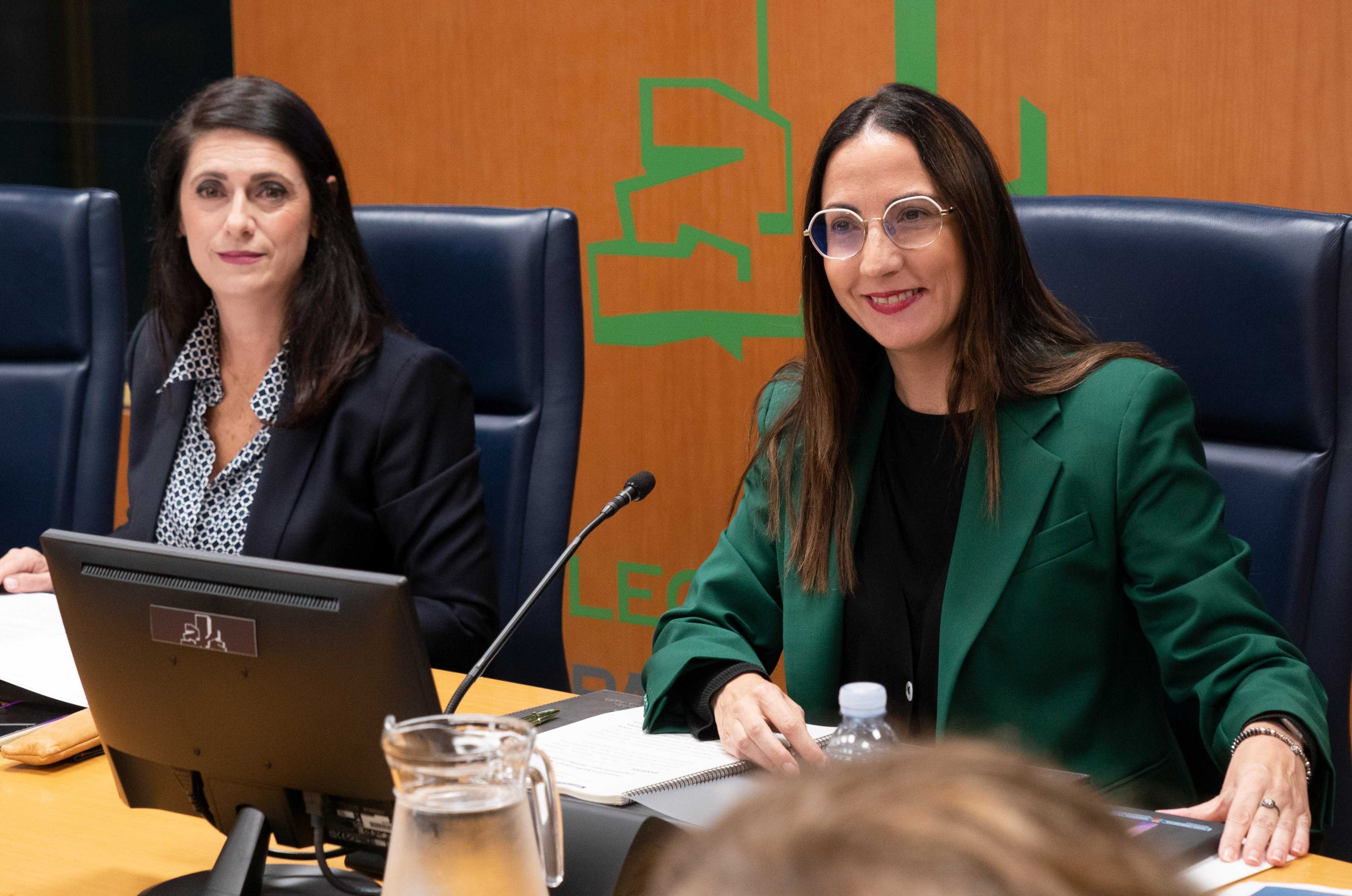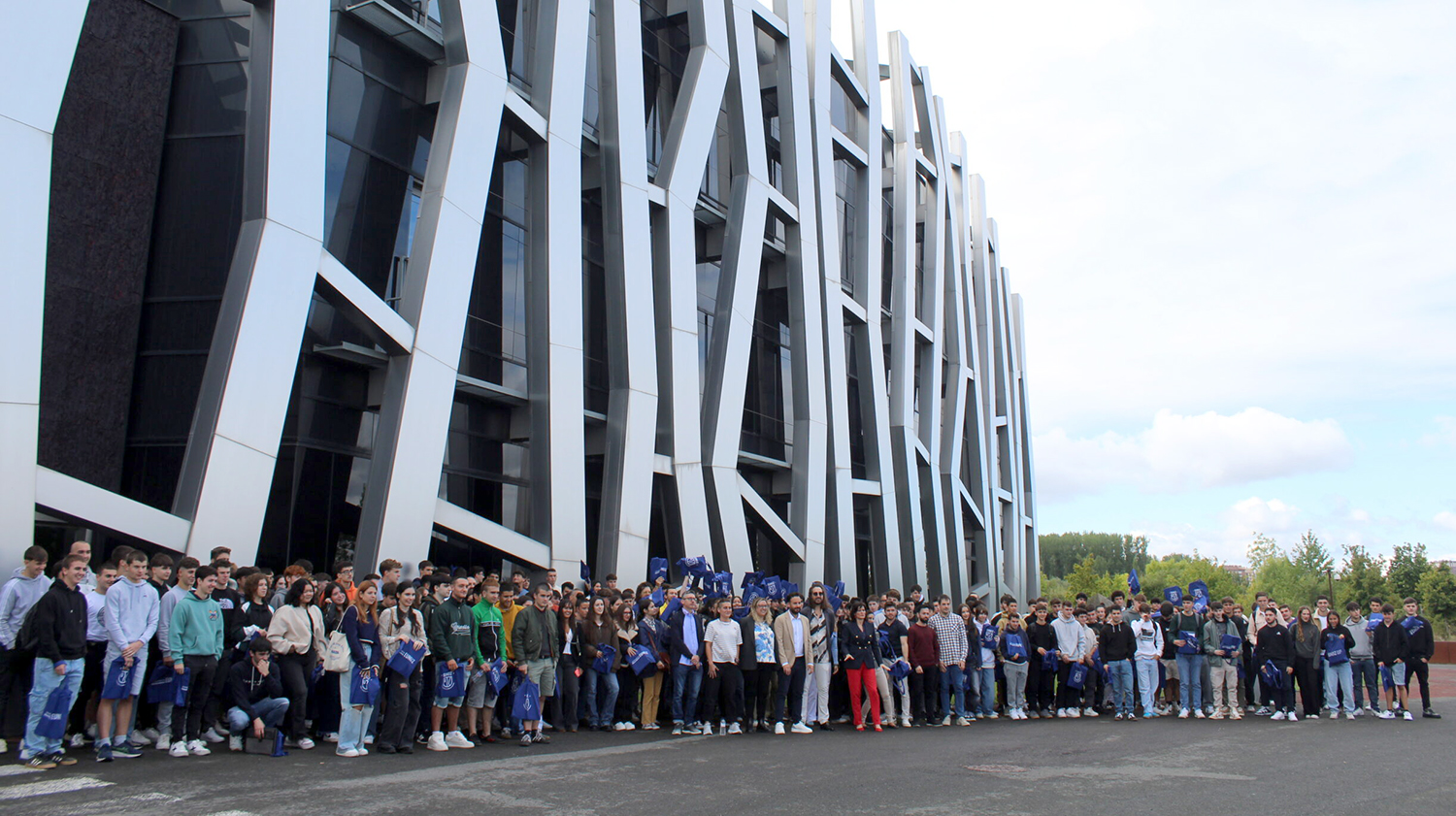How do we manage teachers’ digital connection with work accounts?
- Are you a teacher and during working or extralaboral hours, the students, their parents, the address of the center, their colleagues will sew you with messages of immediate response? We have reflected on the need for digital disconnection with Professor Aitor Idigoras: "We have to start closing the doors, setting limits, knowing when and why we want to use whatsapp, telegram, social networks…"

“We talk about digital disconnect, precisely because we have too much digital connection. We have the overload of messages from school members and families, and in the end that blurs and equals all the messages, we don't distinguish what's important, what really needs a quick response, and the rest." We have the feeling that digital communication makes it easier for us to work, but that it is a telegram, a whatsapp, an email… “the continuous message chaparron has an opposite effect, it leads to the lock, when you don’t know what to grab.”
Digital disconnection is a right for workers who are gradually claiming this right in labour agreements. On the eve of the summer break, we asked Aitor Idigoras what the education landscape is. In fact, the next course will be BeAtar (in the public schools of the CAV they are responsible for the diagnosis and innovation of all areas of the center) and intends to raise at its center a deep reflection on the digital disconnection and digital communication in general, moving the issue to the cloister.
"In most schools the doors are open, in the morning we can turn on the computer and respond to emails, isn't it enough?"
As an example, the mobile phone: the personal and the work profile, we tend to have the two in the same pocket, because we understand that it is easier and more comfortable for management, “but work messages arrive at the times when they are not adequate, and maybe we answer it thinking it is important because we have very assimilated this functioning”.
The pressure for immediate response and response is there. “I do not live it, but I feel it in the environment, not only in education: digital communication has brought the dictatorship of immediacy. If you don’t answer right away, someone gets nervous on the other side.” Of course, it is a subject that goes beyond school and education, which is repeated in most areas: “There’s acceleration, we need everything immediately, and we need cushioning, we’ll have to reclaim slow digital life.” Aitor Idigoras says that digital devices also help, but that you have to put a stop to it: “Uninterrupted messages do not favor education.”
Militancy
Things are not in black or white, as Aitor Idigoras is clear, he has felt in contradiction to this issue, and as for summer, for example, he has told students who are in difficulty or those who are in a situation of vulnerability, to get in quiet contact if they need help from him on their holidays, that the “educational disconnection” of three months is very important and especially affects some children and young people. “We have a militancy point, it is common among those who work with students in vulnerable situations.”
"We have an overexposure of the school. How much time is wasted, so that the result is credible, so that it is digitally ‘actionable’; that pressure also exists in many centers.”
Educational showcase
Idigoras wants to open the reflection in his center the next course. “We have to start closing the doors and setting limits, we have to determine when and for what purpose we want to use whatsapp, telegram, social networks… In short, most centers are open, we have the possibility to turn on the computer in the morning when we get to work and respond to emails, isn’t it enough? With the excuse of facilitating communication and work, how far will we go if not?”
The teacher wants to bring reflection beyond the digital connection outside the working hours. It has become common for the center to act on social networks and to upload photos of this activity and the other. This has consequences on several sides. “Digitization has meant the showcase of education, we have an overexposure of the school and it seems that that final product that the curriculum demands, that final result of the projects developed by the students, has to be spectacular, to teach the parents, to spread it on Instagram and the rest. How much time is wasted, instead of focusing on the content, for the result to be fictitious, for it to be digitally ‘actionable’; that pressure also exists in many centers.” They have a lot to reflect on for the next course.
We have had to endure another attack on our language by the Department of Education of the Government of Navarre; we have been forced to make an anti-Basque change in the PAI program. In recent years, by law, new Model D schools have had to introduce the PAI program and have had... [+]
Public education teachers have the need and the right to update and improve the work agreement that has not been renewed in fifteen years. For this, we should be immersed in a real negotiation, but the reality is deplorable. In a negotiation, the agreement of all parties must be... [+]
Lehengai anitzekin papera egitea dute urteroko erronka Tolosako Lanbide Heziketako Institutuko kimika industrialeko ikasleek: platano azalekin, orburuekin, lastoarekin, iratzearekin nahiz bakero zaharrekin egin dituzte probak azken urteotan. Aurtengoan, pilota eskoletan kiloka... [+]
Garai kuriosoak bizi ditugu eta bizi gaituzte, zinez. Hezkuntza krisian dela dioten garaiak dira eta, gutxien-gutxienean, aliritzira, ba aizue, 2.361 urte ditu gaurgero boladatxoak.
Ez zen ba debalde joan Aristoteles bere maisu maite Platonen akademiatik lizeo bat muntatzeko... [+]

















